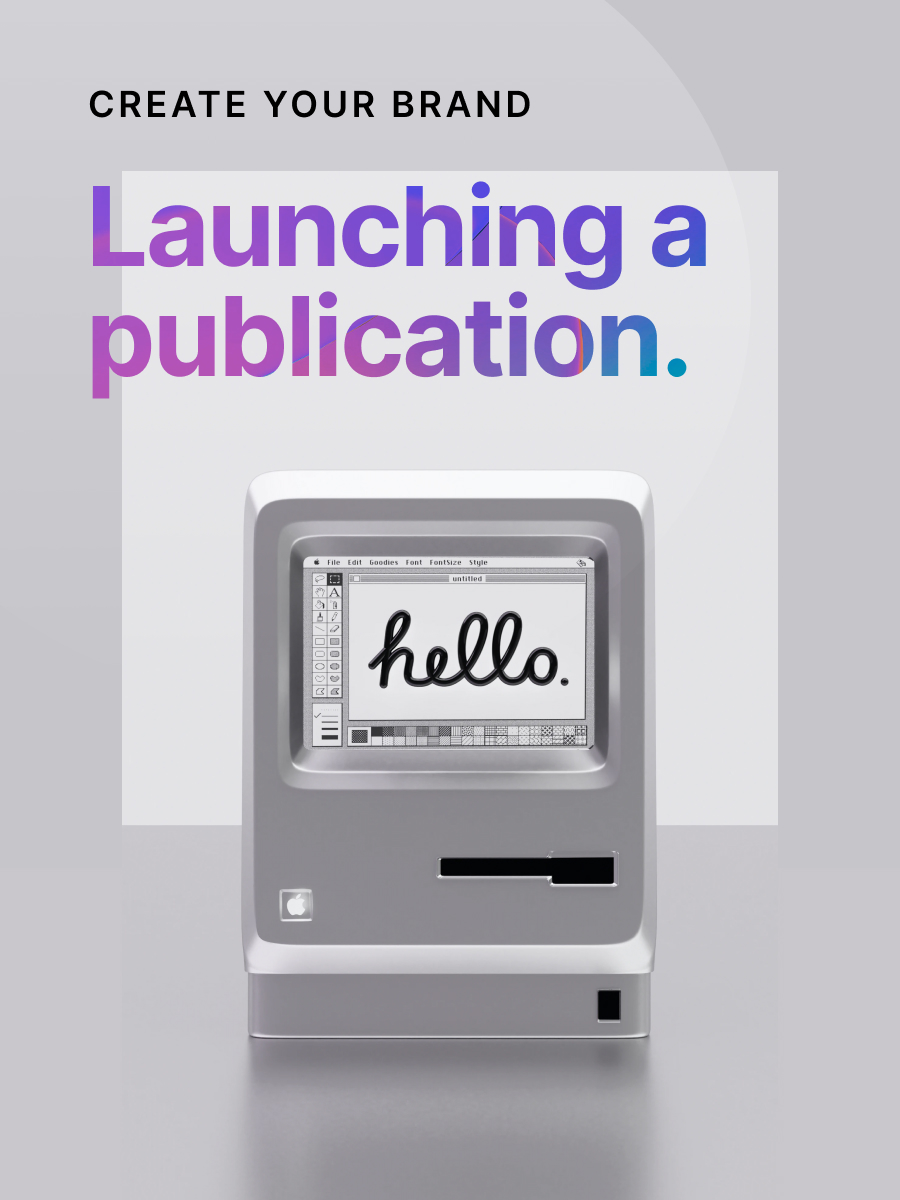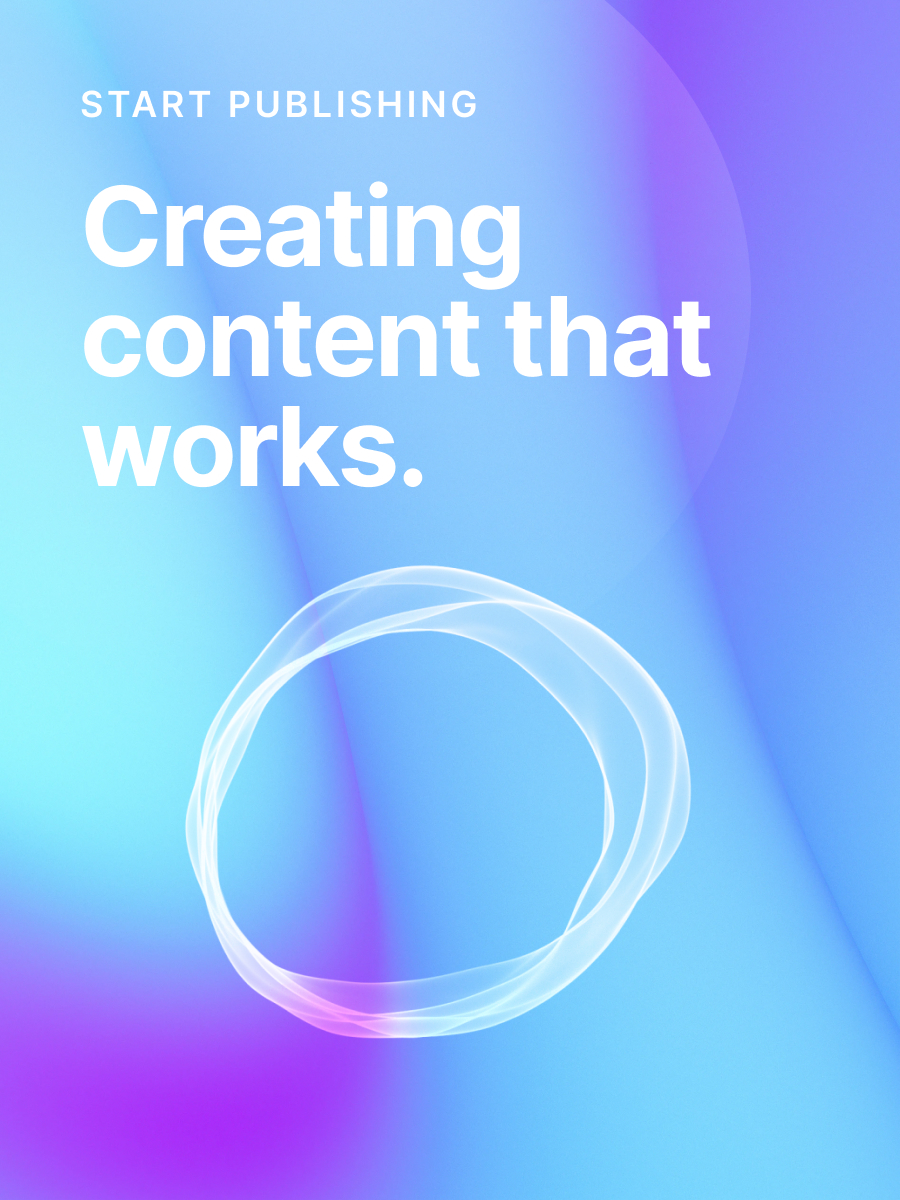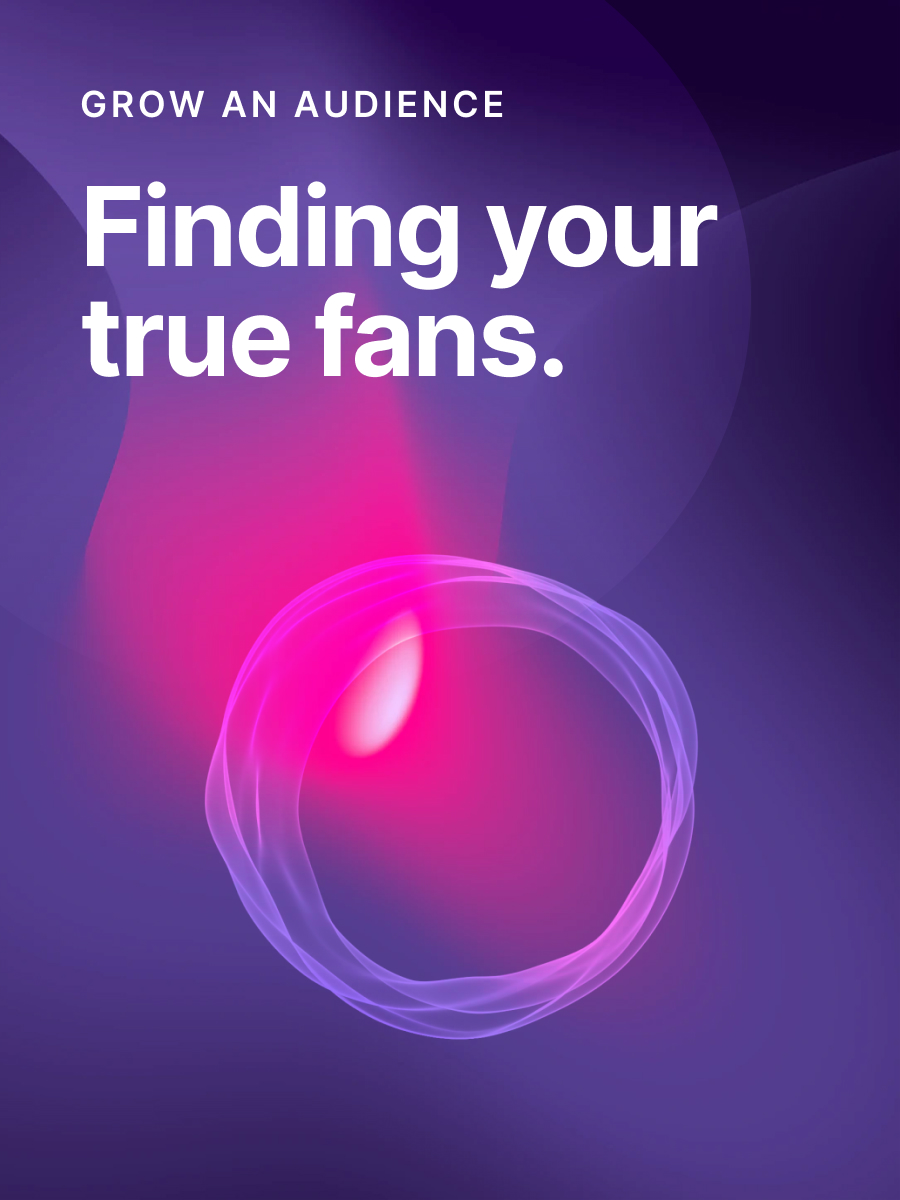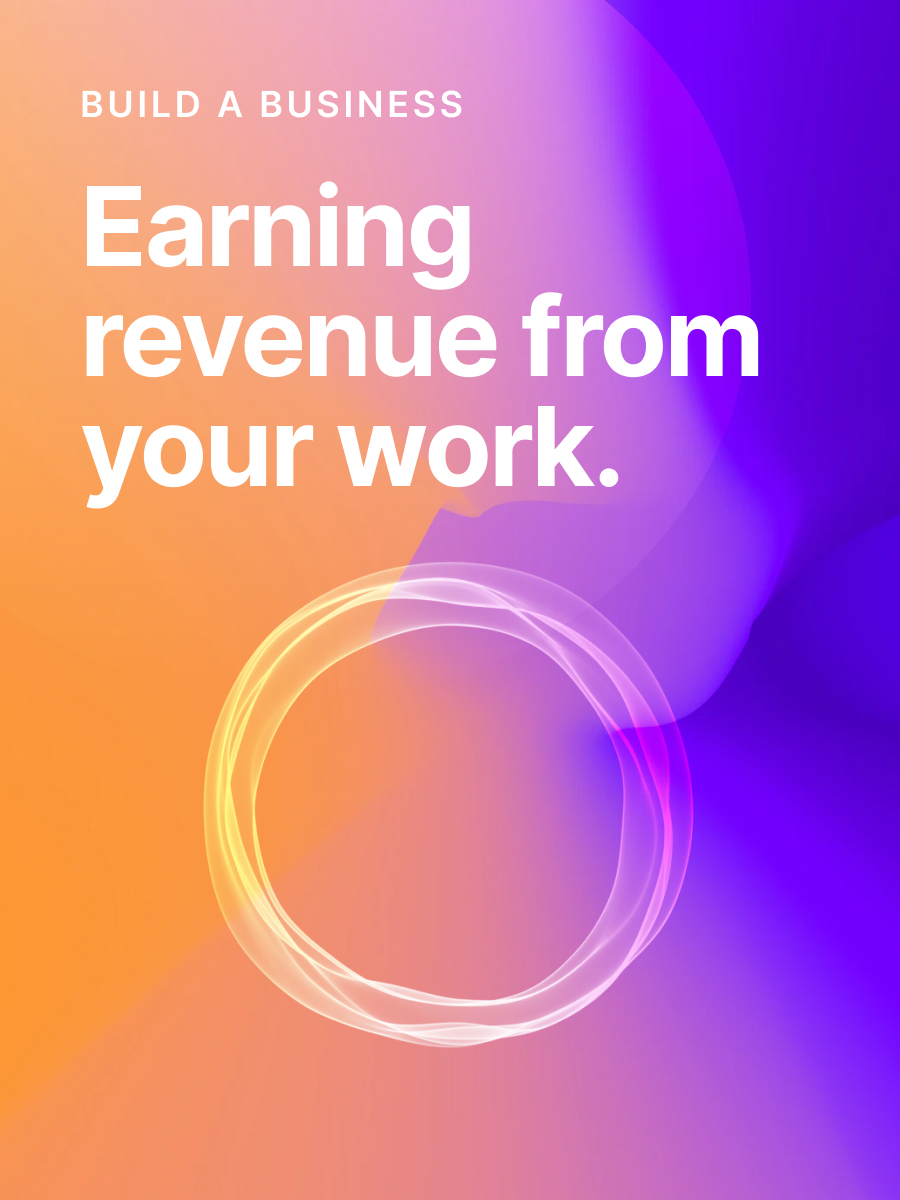#57 — Monetisation for news is tough, but not impossible
Hi everyone, welcome back to your weekly issue of the top stories in digital publishing and the media 🗞️
Got a suggestion for us? Hit reply, we’d love to hear more about what you’re working on, and what you’d like to see in future issues.
💯 Top picks
Monetisation of news is tough, but not impossible
GEN interview Nic Newman, the journalist and digital strategist who shaped the BBC’s internet services over more than a decade, about monetisation of content and the dependency on tech in the media.
💸 Business models
Inside the box: A look at news, niche, and inspired subscription strategies
As more publishers are moving their strategies towards digital subscriptions, it's worth taking a step back to understand what they can learn from other subscription services. This article dives into what can be understood from subscription box services, such as the value of curation and catering for churn.
'Newsletters as puzzle pieces': How The Economist uses email to reduce subscriber churn
Speaking of Churn - this Digiday piece explores how The Economist revamped their email newsletter strategy to keep people engaged. The key to their success? Value over volume!
Subscription media: The benefit of making more of your content available for free
Subscription sports broadcaster Dazn charges a monthly fee for viewers to access live, on-demand sports. But with lofty goals to expand the business, they’ve recently started experimenting with making more content free to access in order to acquire new subscribers.
✍️ Modern journalism
Q&A debate with the Editor-in-Chief of Vanity Fair
Check out this Q&A session and discussion with Radhika, the fifth Editor-in-Chief of the Vanity Fair Magazine (formerly worked for The New York Times, The Paris Review and TIME magazine). Thanks to Devansh Bhikajee from the Publisher Weekly community for the recommendation.
The New York Times goes all in on personalisation
“The Times knows its editors’ judgment of what’s important is one of its critical selling points. But in order to surface more than a sliver of its journalism each day, it’s now willing to respond to readers’ interests in a much bigger way."
Unpaywall – Read research papers, for free!
We recently stumbled across this tool which unlocks millions of peer-reviewed journal articles for free. Great for researchers and journalists!
Edition Vs Newsflow: Why edition readers are more valuable for modern publishers
Twipe dig into segmentation of readers by those who prefer Edition format, a bundled package of content (like this newsletter), or Newsflow format, with a daily stream of information. They found edition readers to be more loyal and engaged, and more likely to want to pay for a subscription.
Here’s The Correspondent’s budget for its English-language expansion
“This represents five full-time correspondents working in different parts of the world, as well as at least five freelancers each month.”
👩💻 Technology
Anyone with more than 30,000 social media followers is now considered a celebrity in the UK
The Advertising Standards Authority in the UK has decided that anyone with more than 30,000 social media followers or subscribers should be treated as a celebrity and subject to advertising rules - with one Instagram influencer having a post removed for endorsing medicines.
How to launch your own podcast on a shoestring budget [Podcast]
Want to jump on the podcasting bandwagon but cannot afford a production crew? Listen to this podcast about how to create a podcast (25 minute listen).
Superhuman says it will disable email read receipts by default after privacy controversy
Email startup Superhuman found itself caught up in controversy about how it uses tracking pixels, which allows users to see when and where people open their emails without consent. After some contemplation, the CEO Rahul Vohra wrote a thoughtful public apology, and announced that Superhuman will stop tracking location and turn off read receipts by default.
🤷 WTF?
Slack is bad, actually
“Your boss can read your DMs, and everyone can see how much you talk.”Monica Torres talks about Slack as a “tool of corporate surveillance” and gives tips on how to see who can read your private DMs.






